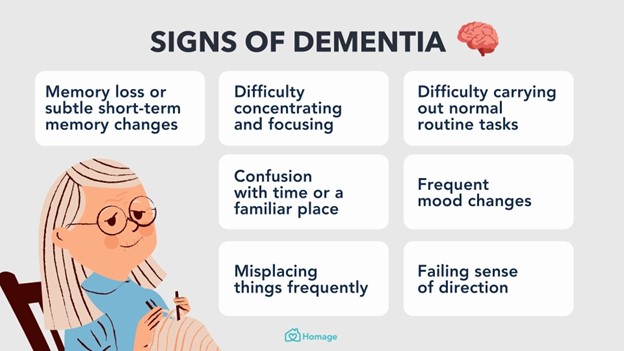A client who has major depressive disorder states to the nurse that he and his family would be better off if he were gone. Which of the following is the nurse's priority response?
"Are you thinking of harming yourself?"
"Do you really think your family would be better off without you?"
"When did you first start feeling this way?"
"Tell me what is happening right now."
The Correct Answer is A
A. "Are you thinking of harming yourself?": Correct
This is the priority response because it directly addresses the client's statement about being better off gone, which raises concerns about potential suicidal thoughts. Asking this question allows the nurse to assess the client's risk of self-harm or suicide and take appropriate actions to ensure their safety.
B. "Do you really think your family would be better off without you?": Incorrect
While this response attempts to engage the client in a conversation, it doesn't directly address the immediate concern of suicidal thoughts. It's important to prioritize assessing the client's safety before exploring their feelings about their family's perspective.
C. "When did you first start feeling this way?": Incorrect
While understanding the client's history and the onset of their feelings is important, it's not the priority response in this situation. Assessing the client's risk of harm takes precedence over gathering historical information.
D. "Tell me what is happening right now.": Incorrect
This response doesn't directly address the client's statement about being better off gone and doesn't assess the immediate risk of self-harm or suicide. While understanding the client's current situation is valuable, safety concerns should be addressed first.
Nursing Test Bank
Naxlex Comprehensive Predictor Exams
Related Questions
Correct Answer is B
Explanation
A) Decreased display of emotions:
While changes in emotional expression can occur in individuals with dementia, it's not a primary manifestation that is typically emphasized when educating families. Behavioral and psychological symptoms, including changes in emotion and personality, can be seen in dementia, but forgetfulness progressing to disorientation is a more direct and characteristic symptom of the condition.
B) Forgetfulness gradually progressing to disorientation
Explanation:
When educating the family of a client with dementia, the nurse should inform them to expect forgetfulness that gradually progresses to disorientation. Dementia is a progressive cognitive decline that affects memory, thinking, and reasoning. Forgetfulness is often one of the initial symptoms of dementia, and as the condition advances, individuals can become disoriented to time, place, and even people. This progression occurs due to the degeneration of brain cells and the accumulation of abnormal proteins.
C) Personality traits that are opposite of original traits:
Changes in personality traits can indeed occur as a result of dementia, but this may not be the most prominent or early manifestation that the nurse would want to highlight when educating the family. The gradual progression of forgetfulness leading to disorientation is a more specific and foundational aspect of dementia.
D) Decreased auditory and visual acuity:
Decreased sensory acuity, such as auditory and visual acuity, can happen with age and various health conditions, but they are not primary manifestations of dementia. Dementia primarily affects cognitive functions like memory, thinking, and reasoning.

Correct Answer is C
Explanation
A. "There really isn't much you can do about that until you are discharged." - This response dismisses the client's feelings and does not offer any support.
B. "You should call your boss and ask if you can have your job back." - This response is directive and may not address the client's emotional needs.
C. "You must feel very concerned and disappointed by that information."
This response shows empathy and acknowledges the client's feelings without making judgments or offering solutions. It validates the client's emotions and opens up a supportive space for further discussion.
D. "I don't understand why your partner would upset you with news like that." - This response may be perceived as judgmental and does not show empathy or understanding.
Whether you are a student looking to ace your exams or a practicing nurse seeking to enhance your expertise , our nursing education contents will empower you with the confidence and competence to make a difference in the lives of patients and become a respected leader in the healthcare field.
Visit Naxlex, invest in your future and unlock endless possibilities with our unparalleled nursing education contents today
Report Wrong Answer on the Current Question
Do you disagree with the answer? If yes, what is your expected answer? Explain.
Kindly be descriptive with the issue you are facing.
